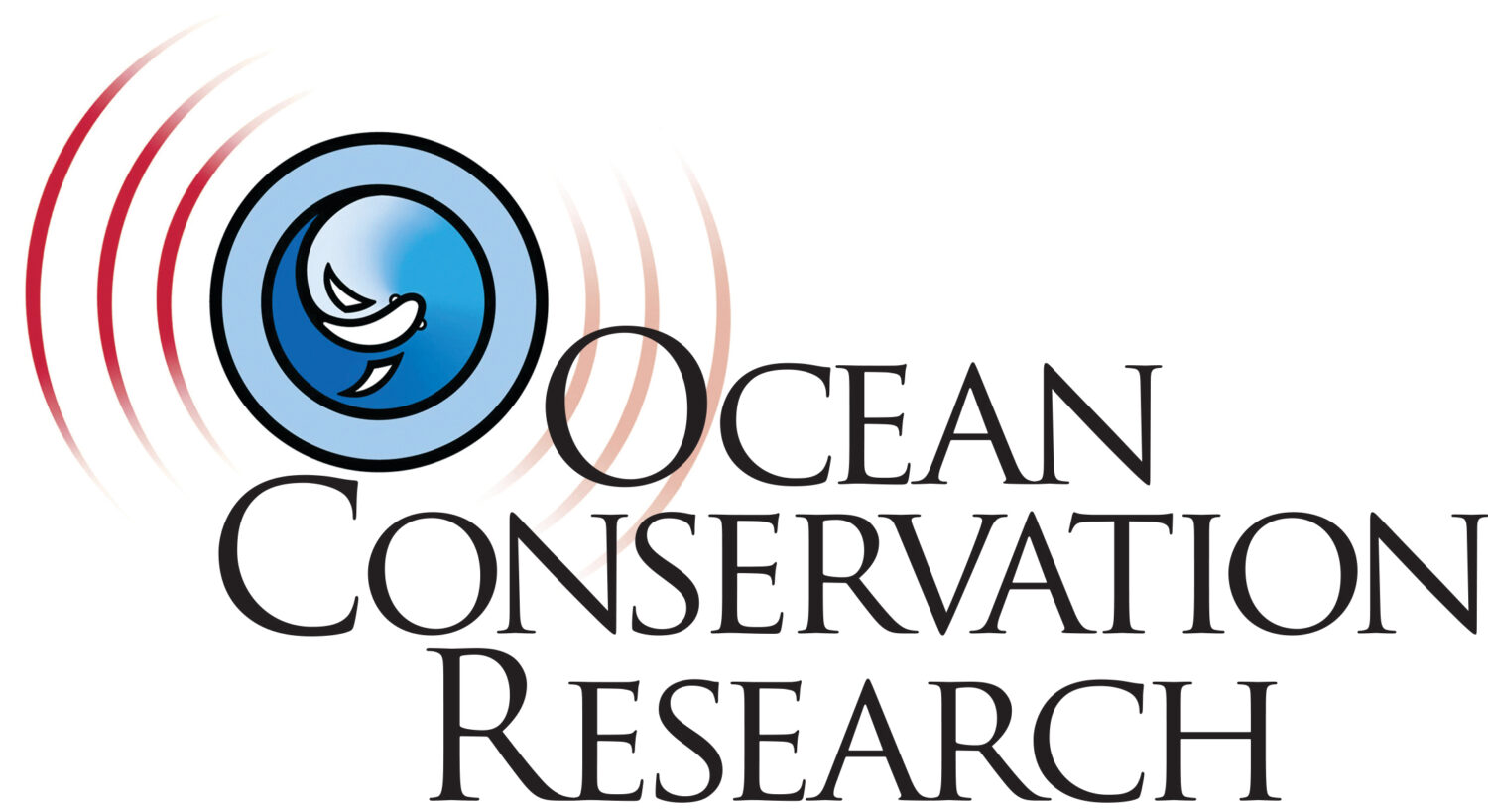The ever-vigilant Jim Cummings – OCR board member and director of Acoustic Ecology Institute sent us the following article that correlates increased acidity in the ocean with decreased acoustical attenuation of sea water. This means that along with all of the other biological consequences of the acidification of the ocean (harm to coral and shell-building animals, corrosion of the sea animals that produce 4/5ths of the planetary oxygen,. etc…) that ocean noise will travel farther in acidified seas.
Interlocking aspects of our environment such as this tells us volumes about how many “perfect balances” are part of the fabric of life on our planet. It is also yet another harbinger of how thoroughly things could become unraveled if we do not start acting on what we do know about our socio-economic interactions with these amazing planetary balances.
Acoustic Ecology Institute can be found here: www.AcousticEcology.org
Thanks Jim!
Acidifying oceans are brewing up an underwater din
16:53 23 September 2008
NewScientist.com news service
Catherine
https://www.newscientist.com/article/dn14794-acidifying-oceans-are-brewing-up-an-underwater-din/
The big blue ocean is getting noisier. Sound can now travel further than it did a century ago, thanks to carbon emissions that have made the oceans more acidic.
Researchers have known for some time that acidity can influence how far sound travels in seawater. In the 1970s, acoustic measurements showed that the reach of low-frequency sounds varies between oceans. A whale’s call, for example, travels further in the north Pacific than in the north Atlantic, due to differences in pH.
Exactly how the process works is unclear, especially at frequencies below 1 kilohertz, which include whale calls, crashing waves and whirring ship engines.
“At these frequencies the exact molecular mechanism is still a bit fuzzy,” says Peter Brewer of the Monterey Bay Aquarium Research Institute in California.
Some suggest that “ion pairs” of carbonate, bicarbonate, boric acid and borate are naturally “tuned” to absorb sound wave energy of 1 kHz and below. The acidity of the water affects the balance between these chemicals.
Noisy oceans
Oceans are becoming more acidic because of rising levels of CO2 in the atmosphere, which dissolves in seawater to form carbonic acid.
Brewer and his colleagues wanted to find out if these changes could be enough to affect sound transport. They analysed a database of ocean acidity during the 20th century, which showed that, on average, ocean pH levels dropped by 0.12.
Using previous experimental data and field observations of how pH affects sound, they calculated how much this drop would affect the absorption of sound waves at 0.44 kHz – the note “A” used to tune an orchestra. They found that by the early 1990s, sound was being absorbed 15% less than in the late 19th century.
Some studies predict ocean pH could drop by an average of 0.3 before the end of this century (Nature, vol 425 p 365).
Baritone whales?
The team calculates that this would cause a 40% decrease in the absorption of sounds below 1 kHz. “The ocean will have higher levels of ambient noise, marine mammals will communicate at greater range, and military or industrial sounds will travel further,” Brewer says.
“They have done well to raise this issue,” says Tim Leighton of the University of Southampton, UK. He points out the changes so far are relatively small, so the effect may be significant only in deep, quiet waters.
Whether or not the differences will affect animal communication or military operations will require further study, Brewer says.
However, he points to a study by Mark McDonald of Whale Acoustics, Colorado and John Hildebrand at Scripps Institution of Oceanography, California, suggesting that blue whales are calling at lower frequencies than they used to, possibly because it is easier to communicate this way.
